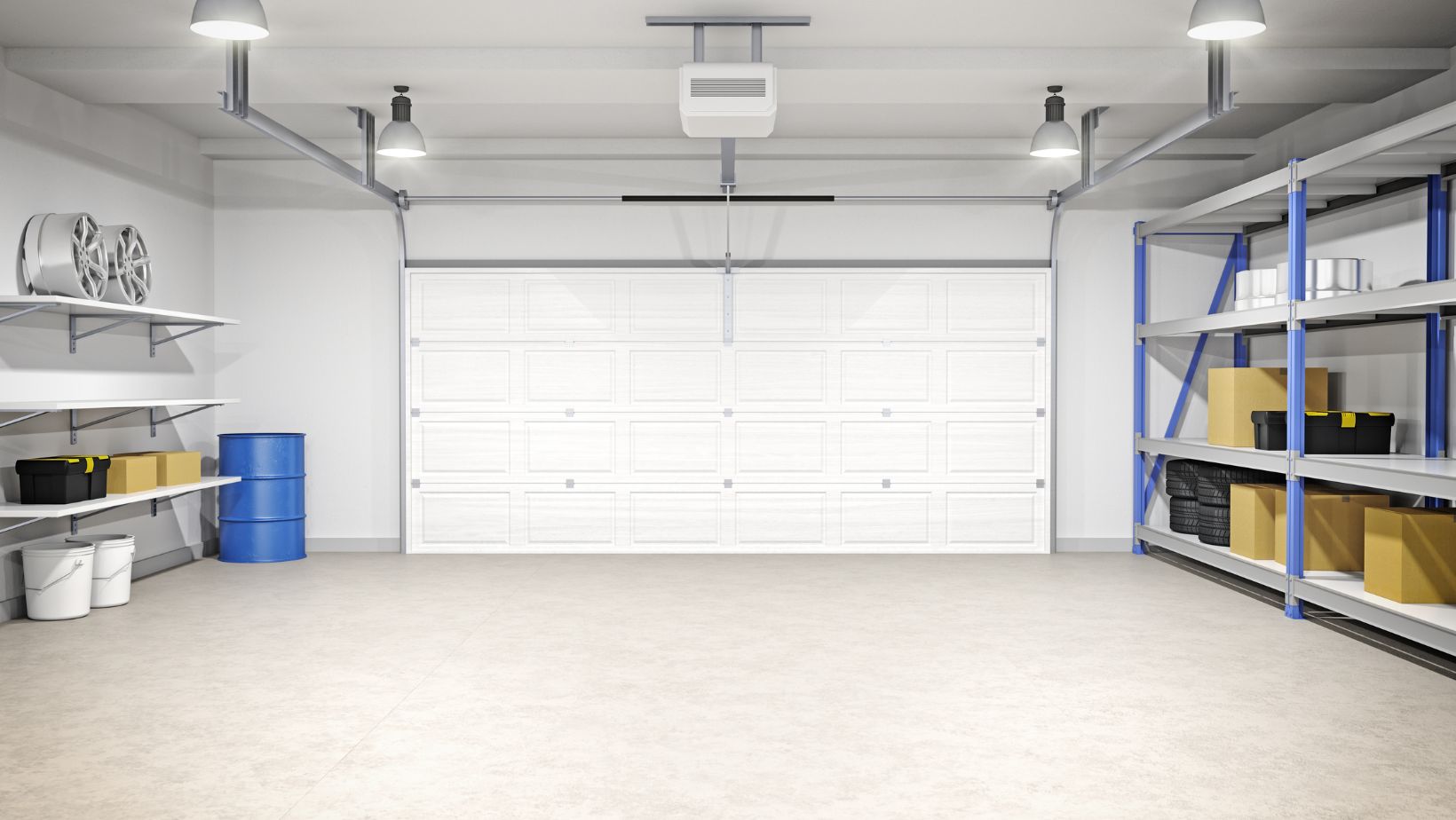Table of Contents
ToggleR Value for Garage Door
When it comes to choosing a garage door, one important factor to consider is its R-value. The R-value measures the insulation effectiveness of the door, indicating how well it can resist heat flow. A higher R-value means better insulation, making your garage more energy-efficient and comfortable.
Insulating your garage door with a high R-value can help regulate the temperature inside, preventing extreme heat or cold from affecting your home. This is especially beneficial if you use your garage as a workspace or storage area. Additionally, an insulated garage door can reduce noise transmission and enhance overall durability.
There are various materials available for garage doors that offer different levels of insulation. Whether you opt for steel, wood composite, or vinyl, be sure to consider the R-value offered by each material and select one that aligns with your specific needs and climate conditions. By investing in a garage door with a suitable R-value, you can enjoy improved energy efficiency and enhanced comfort in your home.
Understanding the Importance of R-Value for Garage Doors
The Basics of R-Value for Garage Doors
When it comes to choosing a garage door, one important factor to consider is its R-value. But what exactly is R-value? In simple terms, the R-value measures the insulation effectiveness of a material. For garage doors, it indicates how well they can resist heat flow and maintain temperature control within your garage.
The R-value is determined by various factors such as the type of materials used, thickness, and construction techniques. A higher R-value means better insulation and greater energy efficiency. It’s important to understand that not all garage doors have the same R-value, so it’s crucial to choose one that suits your specific needs.
How R-Value Affects the Energy Efficiency of Your Garage
Now that we know what R-value represents let’s delve into why it matters for your garage. An insulated garage door with a high R-value helps regulate temperature inside your garage throughout the year. During hot summers or cold winters, an insulated door prevents external temperatures from infiltrating your space, keeping it comfortable for various activities or even as an additional living area.
Insulation plays a significant role in reducing energy consumption as well. By minimizing heat transfer between your home and the outdoors through a well-insulated garage door, you can lower heating and cooling costs. Additionally, an energy-efficient garage contributes to overall home energy savings while providing more stable temperatures both inside and outside the house.

Factors to Consider When Evaluating R-Value
When it comes to evaluating the R-value of a garage door, there are several factors that need to be taken into consideration. The R-value is a measure of thermal resistance and indicates how well the door can prevent heat transfer. A higher R-value signifies better insulation properties. Here are some key factors to keep in mind when assessing the R-value of a garage door:
- Material: The type of material used for the garage door plays a significant role in determining its insulation capabilities. Common materials include steel, wood, aluminum, and fiberglass. Each material has different thermal conductivity properties, which directly affect the R-value.
- Thickness: The thickness of the garage door also affects its insulation performance. Thicker doors tend to have higher R-values as they provide more space for insulation materials like foam or polyurethane.
- Insulation Type: Garage doors can either be non-insulated or insulated. Insulated doors have layers of insulating material such as polystyrene or polyurethane sandwiched between outer panels, which significantly improves their energy efficiency and increases their R-value.
- Design and Construction: The design and construction of the garage door impact its overall thermal performance as well. Doors with fewer joints and seals offer better insulation by minimizing air leakage and reducing heat transfer through gaps.
- Climate Considerations: It’s essential to consider your local climate when evaluating the appropriate R-value for your garage door. If you live in an area with extreme temperatures, you may want to opt for a higher R-value to ensure optimal energy efficiency and comfort.
It’s important to note that while a higher R-value generally indicates better insulation performance, other factors such as air leakage through gaps around the door can also affect overall energy efficiency.
Considering these factors will help you make an informed decision when choosing a garage door with an appropriate R-value for your specific needs. Remember to consult with professionals in the industry who can provide expert advice tailored to your situation..





